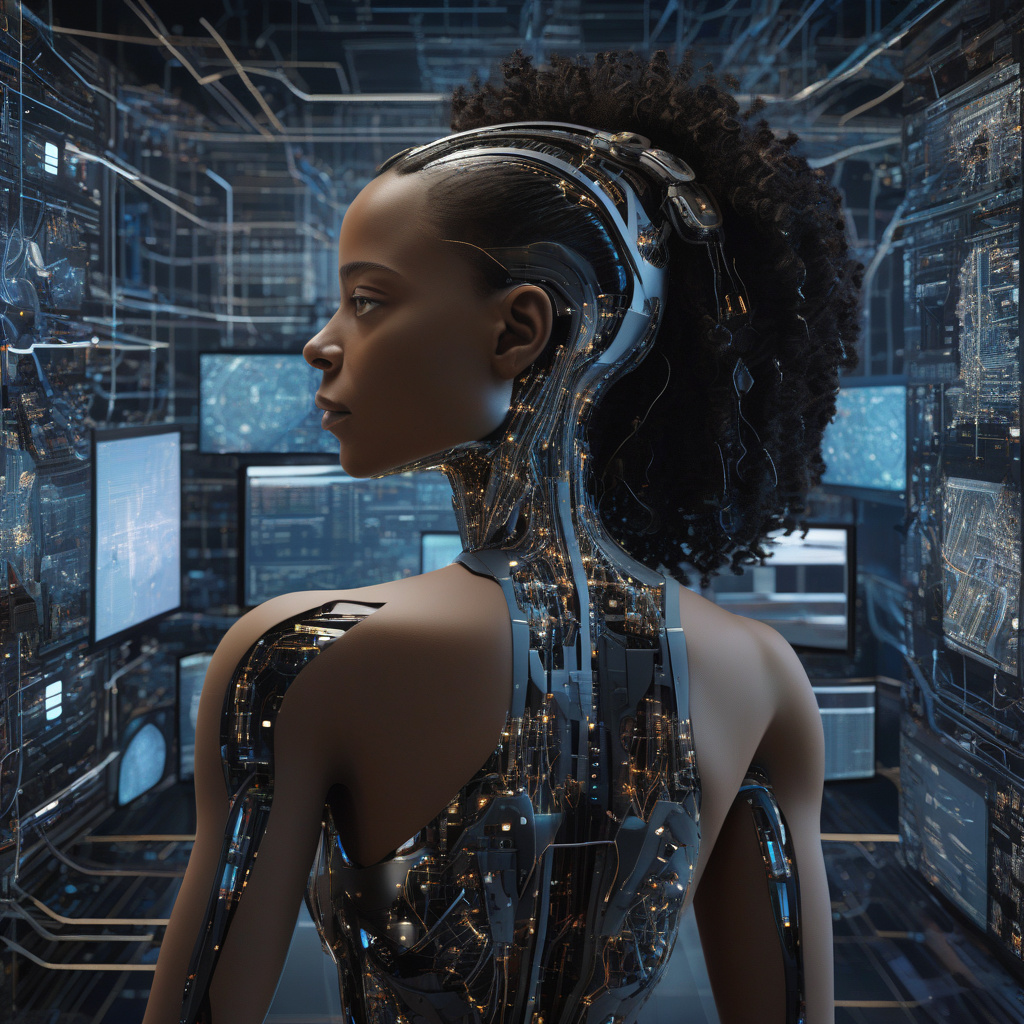In the fast-paced world of artificial intelligence (AI), orchestrators have emerged as vital tools for streamlining complex processes and maximizing efficiency. But what exactly are AI orchestrators, and why are they garnering so much attention now? Let’s delve into the realm of AI orchestrators to understand their significance in today’s tech landscape.
The Role of AI Orchestrators
AI orchestrators act as conductors, coordinating various AI components, processes, and data exchanges within an organization’s AI ecosystem. Imagine them as the maestros of an intricate symphony, ensuring that each AI agent performs harmoniously together. By orchestrating these elements, AI orchestrators facilitate seamless communication, integration, and collaboration among different AI systems.
Why AI Orchestrators Matter Now
In the era of rapid digital transformation, businesses are increasingly relying on AI technologies to drive innovation and gain a competitive edge. AI orchestrators play a crucial role in harnessing the full potential of AI by optimizing workflows, automating tasks, and enhancing decision-making processes. With the growing complexity of AI systems, orchestrators have become essential for orchestrating diverse AI models, managing resources efficiently, and scaling AI initiatives effectively.
Key Benefits of AI Orchestrators
- Enhanced Workflow Automation: AI orchestrators streamline workflows by automating repetitive tasks, reducing manual intervention, and improving overall operational efficiency.
- Optimized Resource Management: By allocating resources intelligently and optimizing workloads, AI orchestrators help organizations utilize their computing resources more effectively.
- Scalability and Flexibility: AI orchestrators enable seamless scalability, allowing businesses to adapt to changing demands and scale their AI capabilities as needed.
- Improved Collaboration: Facilitating seamless communication and integration among diverse AI systems, orchestrators enhance collaboration and information sharing within an organization.
Real-World Applications
AI orchestrators find applications across various industries, including healthcare, finance, manufacturing, and cybersecurity. For instance, in healthcare, AI orchestrators can coordinate patient data, medical records, and diagnostic tools to improve treatment outcomes and optimize healthcare delivery. In finance, orchestrators help in fraud detection, risk assessment, and portfolio management by integrating multiple AI algorithms and data sources.
The Future of AI Orchestrators
As AI technologies continue to evolve, the role of orchestrators will become even more critical. Future advancements in AI orchestrators may focus on enhancing interoperability between AI systems, improving adaptability to dynamic environments, and integrating with emerging technologies like edge computing and IoT devices. By staying at the forefront of AI orchestration capabilities, organizations can unlock new opportunities for innovation and growth.
In conclusion, AI orchestrators are not just a trend but a necessity in today’s AI-driven landscape. By effectively orchestrating AI components, processes, and data exchanges, orchestrators empower organizations to harness the full potential of AI technologies, drive operational efficiency, and achieve strategic business objectives. As businesses embrace the transformative power of AI, investing in AI orchestrators is no longer an option but a strategic imperative for success in the digital age.

